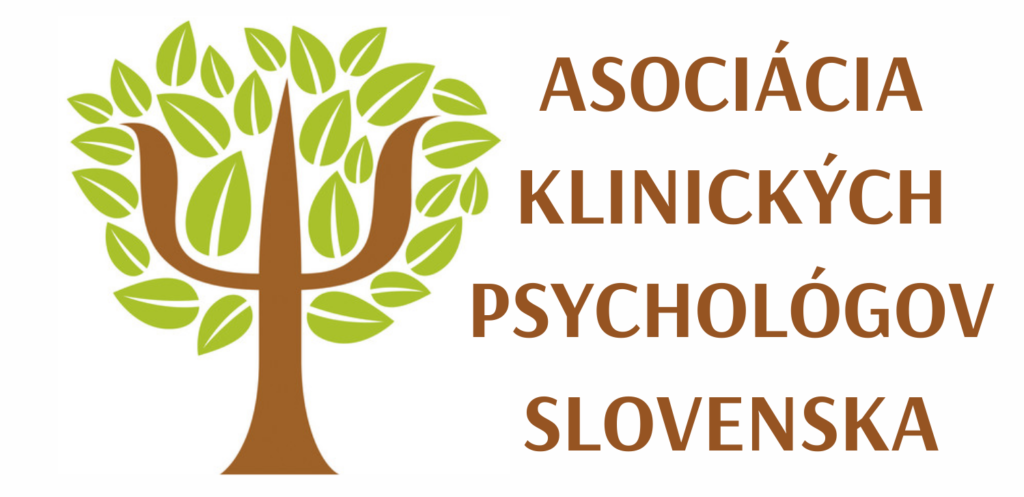Psychological well-being depends on clinical psychology. In the face of current events deepening the ongoing health crisis, the role of clinicians, therapists, ethics and psychological health researchers has never been so vital. Does the condition of clinical psychology depend on new technologies? Should we, and if so – how, include chatbots or smartphones in psychological treatments? How to take advantage of eye-tracking in clinical research? How to create online psychological interventions? Which approaches should we follow in cases of personality disorders impacting refugees and Covid patients?
The European Association of Clinical Psychology and Psychological Treatment and @Uniwersytet SWPS are organizing one of the most important European conferences on Clinical Psychology, a three-day event including over 20 lectures and workshops with over 100 researchers and clinicians.
Psychological well-being depends on #ClinicalPsychology, but does it depend on new technologies? 3 days of workshops&lectures, over 100 EU researchers and clinicians. Time to share knowledge. @Eaclipt @UniwersytetSWPS www.swps.pl/eaclipt2022
Psychological Online Interventions as a Chance for Clinical Psychology – a Conference Invitation
You are kindly invited to attend one of the most important European conferences on Clinical Psychology. Jointly co-organized by the European Association of Clinical Psychology and Psychological Treatment (EACLIPT) and the SWPS University, it will be held on November 10-12, 2022. For details check: www.swps.pl/eaclipt2022.
Does the condition of clinical psychology depend on new technologies? Should we, and if so – how, include chatbots or smartphones in psychological treatments? How to take advantage of eye-tracking in clinical research? How to create online psychological interventions? Which approaches should we follow in cases of personality disorders impacting refugees and Covid patients?
The psychological well-being depends on clinical psychology. In the face of current events deepening the ongoing health crisis, the role of clinicians, therapists, e thics and psychological health researchers has never been so vital. Consequently, this is a crucial moment to bring together clinical psychologists, academics, researchers, and practitioners from around the world to share findings, experiences, and best practices as well as discuss the latest scientific discoveries and future directions to enable further developments in the field of clinical psychology.
The conference program features over 20 workshops and lectures, including meetings with special guests: Paul Emmelkamp (University of Amsterdam), Emily Holmes ( Uppsala University and Karolinska Institutet), and Gerhard Andersson (Linköping University).
- Paul Emmelkamp is Professor Emeritus of Clinical Psychology at the University of Amsterdam and one of the Netherlands’ most well-respected psychologists. The main focus of his research is to investigate the efficacy and effectiveness of psychological interventions, especially using randomized controlled trial methodology. He specializes in the origins and treatment of anxiety and personality disorders. . Professor Emmelkamp’s research interests extend to depression, work-related distress, substance abuse, panic disorder, agoraphobia, and obsessive-compulsive disorder. He is also interested in how different modes of technology can be used to treat patients.
- Emily Holmes is trying to understand more about how our internal mental images are connected to our psyche. According to her studies, we are able to predict intrusive memories in individuals by studying their brains in real-time during an experimental traumatic experience. Nowadays, one of her objectives is to develop new psychological treatments that can reach sufferers of trauma, including newly-arrived immigrants, without unnecessary delay. She is also interested in psychological treatment innovation in mental health, both in creating new techniques and reaching more people. She is Professor at the Department of Clinical Neuroscience, Karolinska Institutet, and remains active at the University of Oxford, where she was one of the first women professors to be appointed in the field of psychiatry.
- Gerhard Andersson is Professor of Clinical Psychology at Linköping University in the Department of Behavioural Sciences and Learning and the Department of Biomedical and Clinical Sciences. His current research interests include the application of the internet in psychological research, in particular guided psychological treatment via the internet. Moreover, he focuses on cognitive behaviour therapy and psychotherapy research, including major depression, panic disorder, social anxiety disorder, posttraumatic stress, GAD, OCD, and health psychology topics such as chronic pain.
The full program at www.swps.pl/eaclipt2022
